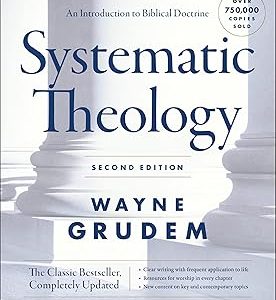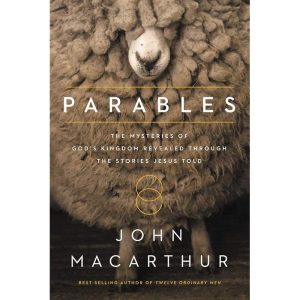Description
*The Spiritual Exercises* of St. Ignatius of Loyola are a set of Christian meditations, prayers, and mental exercises designed to help individuals grow closer to God. They were developed by Ignatius of Loyola, the founder of the Jesuit order, during the 16th century, and are meant to be carried out over a period of 28 to 30 days, although they can also be adapted for a shorter or more extended period. The purpose of the exercises is to help participants deepen their relationship with God, discern His will for their lives, and make decisions based on divine guidance.
The Spiritual Exercises are structured into four “weeks” (although the term “weeks” refers to the themes or periods rather than literal weeks), each focusing on a different aspect of the spiritual life:
### 1. **First Week: The Theme of Sin and Redemption**
– This week focuses on the recognition of sin in one’s life, reflecting on the consequences of sin, and the need for God’s mercy. The person undergoing the exercises is invited to examine their own sins, feel contrition, and consider God’s infinite mercy and the gift of forgiveness.
– Participants reflect on the life of Christ, especially His Passion, as a means of coming to terms with human sinfulness and the redemption Christ offers.
### 2. **Second Week: The Life of Christ**
– The second week is centered on contemplating the life of Christ, His teachings, and His call to follow Him. Exercises include reflecting on the key moments in the life of Jesus, His ministry, and His example.
– The aim is to help the individual identify their own call to follow Christ and to discern how they can best serve God in their daily lives. It is a time of deepening one’s commitment to Christ’s mission.
### 3. **Third Week: The Passion of Christ**
– This week focuses on the Passion and death of Jesus Christ. Participants are invited to reflect on Christ’s suffering, His abandonment, His ultimate sacrifice on the cross, and how these events speak to their own personal struggles and suffering.
– The aim is to deepen the individual’s love and gratitude for Jesus’ sacrifice and to inspire a greater willingness to carry one’s own crosses in life.
### 4. **Fourth Week: The Resurrection and Ascension of Christ**
– The fourth week is a time of joy, focusing on the resurrection of Jesus and the hope it brings. This section reflects on the victory over sin and death, the promise of eternal life, and the peace that comes from the Resurrection.
– Participants are encouraged to rejoice in the love of God, to renew their commitment to following Christ, and to look forward to eternal union with Him.
### The Principles of the Spiritual Exercises:
– **Discernment**: One of the most important aspects of the exercises is discernment, which is the ability to distinguish between what leads one closer to God and what leads one away from Him. This discernment helps individuals make decisions about their lives in accordance with God’s will.
– **Indifference**: Ignatius emphasizes the importance of being indifferent to worldly attachments or desires, seeking only the will of God in every decision. This helps participants remain open to God’s call, regardless of personal preferences or circumstances.
– **Personal Relationship with God**: The exercises encourage a deep, personal relationship with God through prayer, meditation, and contemplation. Ignatius’ method invites individuals to connect with God not just through formal rituals, but through everyday life and direct, personal engagement with the divine.
### The Role of the Spiritual Director:
– The Spiritual Exercises are typically carried out under the guidance of a trained spiritual director, someone who can offer insights and guidance through the process. The director helps the participant interpret their experiences and discern God’s will in their life.
### Adaptations and Modern Use:
– While the original exercises were designed to be done on a 28-day silent retreat, they have been adapted for shorter periods, retreats of varying lengths, and even for everyday use. Some retreat formats include “the Ignatian Examen,” a daily prayer exercise that helps individuals reflect on their day and recognize God’s presence in their lives.
In summary, *The Spiritual Exercises of St. Ignatius of Loyola* is a guide to deepening one’s faith, understanding God’s will, and living a life of service and commitment to Christ. They have had a lasting impact on Christian spirituality and have been central to the formation of Jesuits and others seeking to live out their faith with intention and purpose.





Reviews
There are no reviews yet.